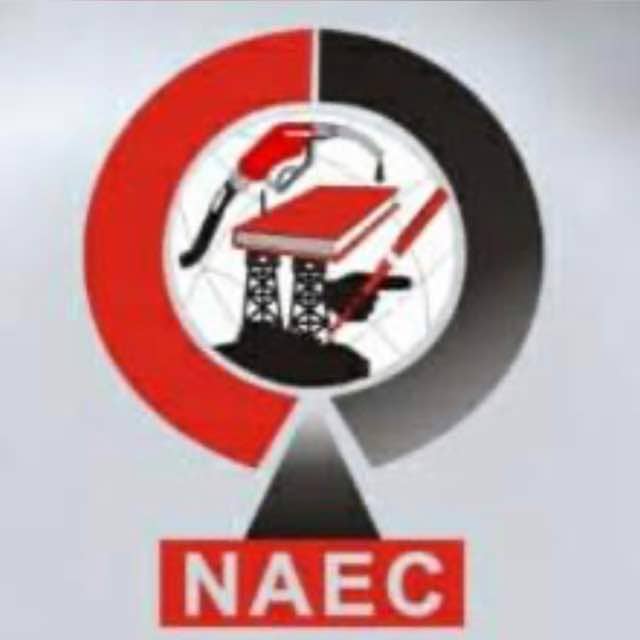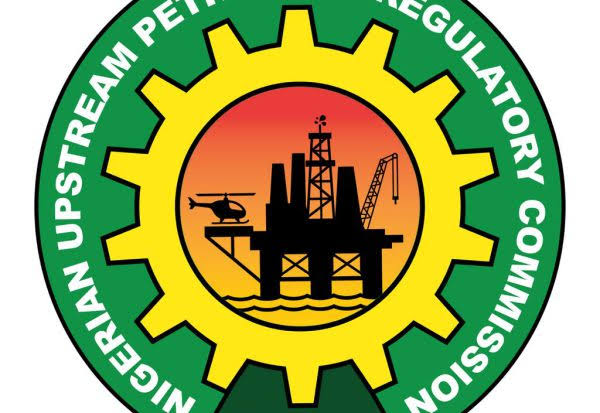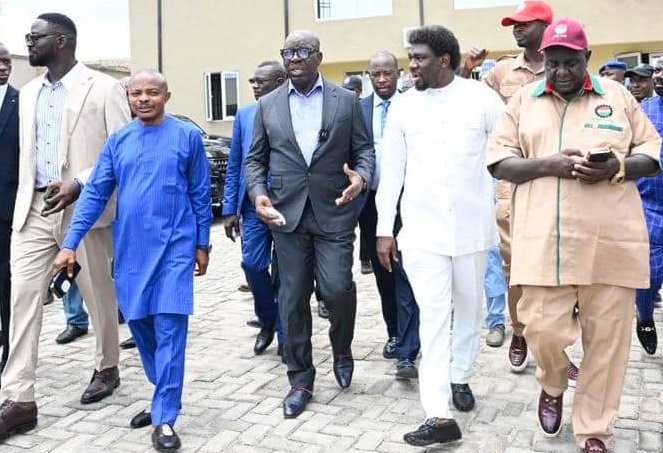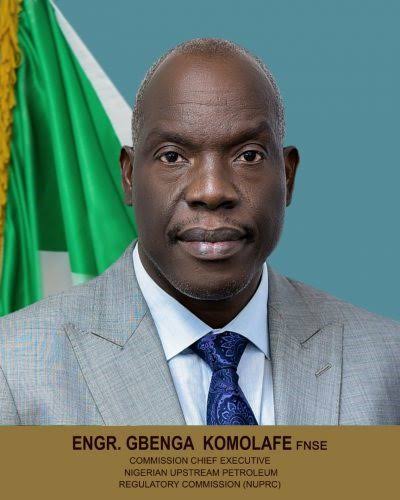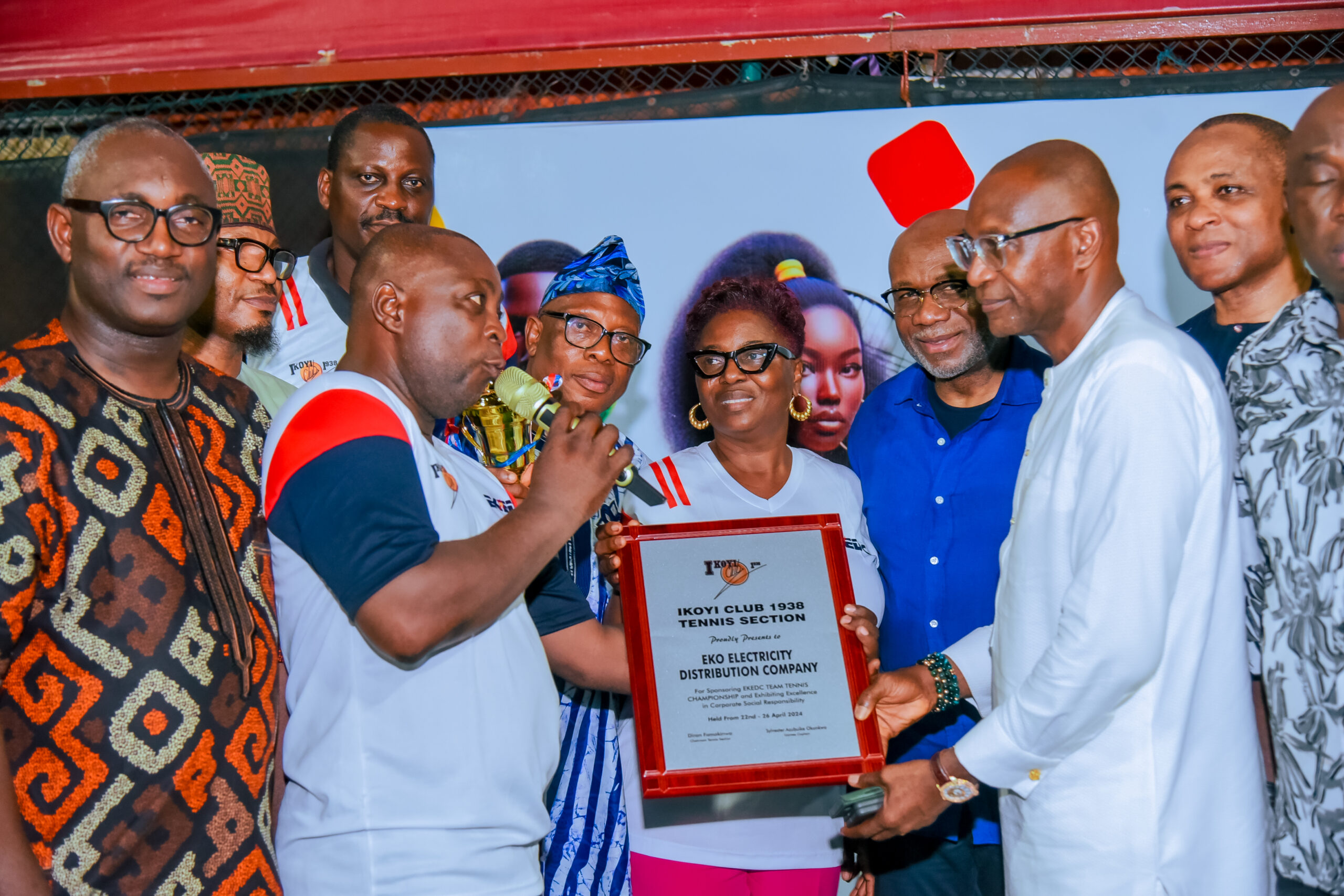
EKEDC Expresses Commitment To Health,Wellness,Sports Development
Mohammed Shosanya One of Nigeria’s leading utility firm, Eko Electricity Distribution Company (EKEDC) has reiterated its commitment to supporting health and wellness and Sports Development initiatives. The company expressed this at the


